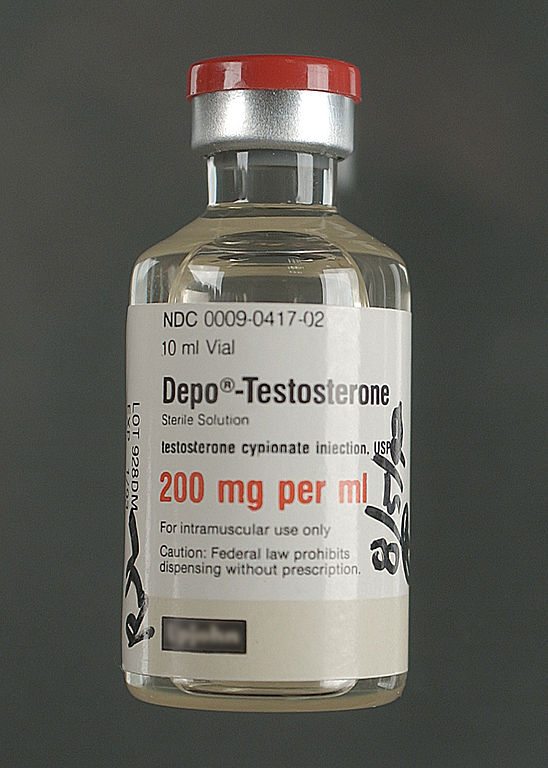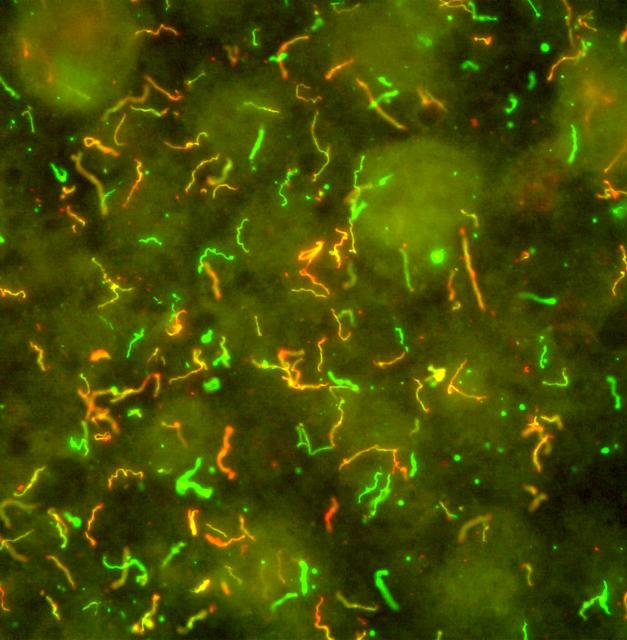Category: Diagnostic tests & procedures
Point-of-Care Ultrasound: The Best Thing Since Stethoscopes?
A bit of good news for a change: a “Perspective” article in the New England Journal of Medicine describes how point-of-care ultrasound devices are being integrated into medical education. The wonders of modern medical technology are akin to science fiction. We don’t yet have a tricorder like “Bones” McCoy uses on Star Trek, but we are heading in that direction, and the...
The Canadian National Breast Screening Study ignites a new round in the mammography wars
The last couple of weeks, I’ve made allusions to the “Bat Signal” (or, as I called it, the “Cancer Signal,” although that’s a horrible name and I need to think of a better one). Basically, when the Bat Cancer Signal goes up (hey, I like that one better, but do bats get cancer?), it means that a study or story has hit...
An experiment in paying through the nose for “unnecessary care”
Rats. Harriet stole what was going to be the title of this post! This is going to be something completely different than what I usually write about. Well, maybe not completely different, but different from the vast majority of my posts. As Dr. Snyder noted on Friday, it’s easy to find new woo-filled claims or dangerous, evidence-lacking trends to write about. Heck,...

“Low T”: The triumph of marketing over science
A man on TV is selling me a miracle cure that will keep me young forever. It’s called Androgel…for treating something called Low T, a pharmaceutical company–recognized condition affecting millions of men with low testosterone, previously known as getting older. —The Colbert Report, December 2012 And now for something completely different…sort of. After writing so much about the latest developments in...
Colonoscopy and Other Colorectal Cancer Screening Options: An Update
When I wrote about colonoscopy in 2010, colonoscopy was thought to be the best screening test for colorectal cancer because it could visualize the entire colon and could remove adenomas that were precursors of cancer. But only fecal occult blood testing (FOBT) and sigmoidoscopy had been proven to decrease colorectal cancer incidence and mortality (by 16% and 28%, respectively). Observational evidence suggested...

Redefining cancer
Blogging is a rather immediate endeavor. Over the last nine years (nearly), I’ve lost track of how many times I saw something that I wanted to blog about but by the time I got around to it, it was no longer topical. Usually what happens is that my Dug the Dog tendencies take over, as I’m distracted by yet another squirrel, although...
Baby’s DNA in Mom’s Blood: Noninvasive Prenatal Testing
Until recently, the moment of birth was a surprise. We anxiously awaited the obstetrician’s announcement: “It’s a boy!” or “It’s a girl!” Then we checked to see if any crucial parts were missing and we counted the fingers and toes. We had to wait for a baby to be born before we could know its sex and whether it was normal. Today,...

Does Everybody Have Chronic Lyme Disease? Does Anyone?
A deplorable article by Suzy Cohen on Huffington Post is titled “Feel Bad? It Could Be Lyme Unless Proven Otherwise.” It consists of irresponsible fear-mongering about a nonexistent disease. A science-based article would be titled “Feel Bad? It Couldn’t Be Chronic Lyme Disease Because CLD Is Nonexistent Until Proven Otherwise.” Cohen says: People often attribute uncomfortable symptoms to aging, stress, or the...
“Postnatal depression blood test breakthrough” or Churnalism?
“Postnatal depression blood test breakthrough” proclaimed the headline. The UK Guardian article then declared: British doctors reveal ‘extremely important’ research that could help tens of thousands of women at risk. Here it comes. Readers were going to be fed a press release generated by the study’s authors and forwarded undigested by the media but disguised as writings of a journalist. If only...

The difference between science-based medicine and CAM
There is a huge difference between science-based medicine (SBM) and so-called "complementary and alternative medicine" (CAM) or, as it's increasingly called, "integrative medicine." That difference is that SBM changes with new science. The change might be messier and slower than we would like, but eventually science and evidence win out.

